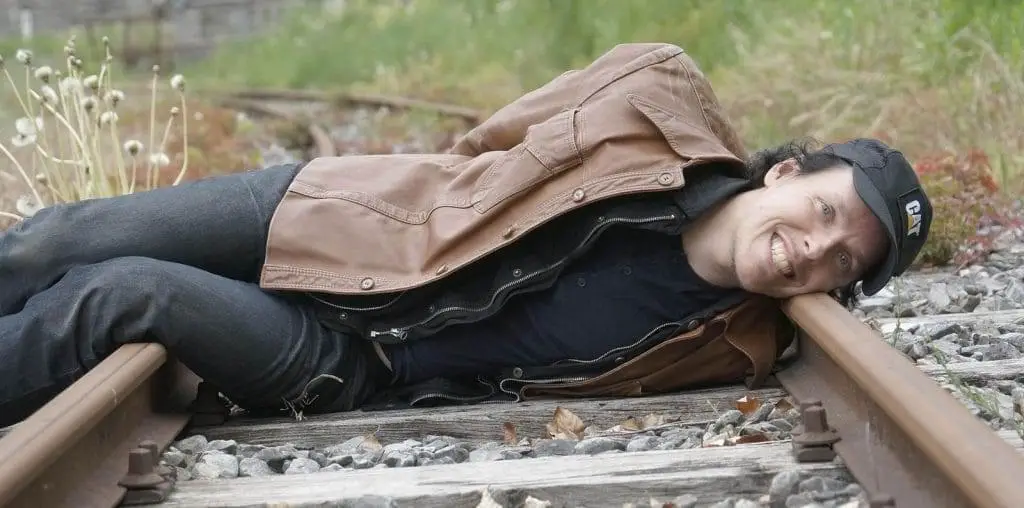
If you are sad, if you are lonely, if you are trying to be yourself
— be prepared. The world is going to beat you down. It will do everything possible to make you conform, to be happy, to have friends (even if they aren’t the friends you want), and to be like everyone else. This is the underlying message in “Welcome to Life,” and it is handled as it should be — without apologies and not a gram of sugar.
The story revolves around Roger (Sylvester Kirk), an eleven-year-old boy whose only friends are rap music and Dale (Thomas Dixon), a classmate. One day Roger and Dale become blood brothers in a quiet area of the playground and, in what is truly a subversive and daring cinematic moment, share a kiss. The kiss isn’t there for shock value or even to show that these boys are homosexual. It’s there because it is right for the moment, and whether it’s experimentation or something deeper doesn’t matter. What does matter is that Tony (Joaquin Moreno), the school bully who is the kind of kid who would be the first to go in a Columbine-style massacre, catches the two boys in the act. Welcome to life, indeed.
As mentioned before, this film is daring and subversive. Not solely because of the kiss, though. It’s because of the fate of Roger, a boy who has just lost everything he holds dear and may not even know it yet. For him, life, which wasn’t very enjoyable in the first place, is about to get even worse. He learns what really can happen to the outsider, and it’s a lesson he wishes he was never taught. He has nobody he can talk to, and nobody he can call a friend. He is alone (partially because he forces Dale away), and the sad fact is that he may be better off that way.
Few movies will tackle this subject to begin with, and even fewer will do it with little boys. Writer/director Jowan Carbin understands, however, that this is how the process of elimination begins. He also understands how it is for boys who appear to be (or who are) different. “Lord of the Flies” got it right, and so does “Welcome to Life. You won’t realize it at first, but once the final scene rolls around, you fully understand what Roger’s life is going to be like. Dale will be fine because he still fits in despite the kiss, but Roger won’t have it as easy. He wasn’t part of the group from the beginning, and one little kiss only made it worse.
This film won’t be a bright spot in anyone’s day, but it is brave filmmaking. It doesn’t gloss over the traumas, and it doesn’t paint a pretty picture for the future. It refuses to take the easy way out, too, and viewers have no choice but to follow it to its natural conclusion. I thank Carbin for that, but I have a feeling many viewers are going to be more than a bit angry as they catch their reflections in the characters and despise what they see.
